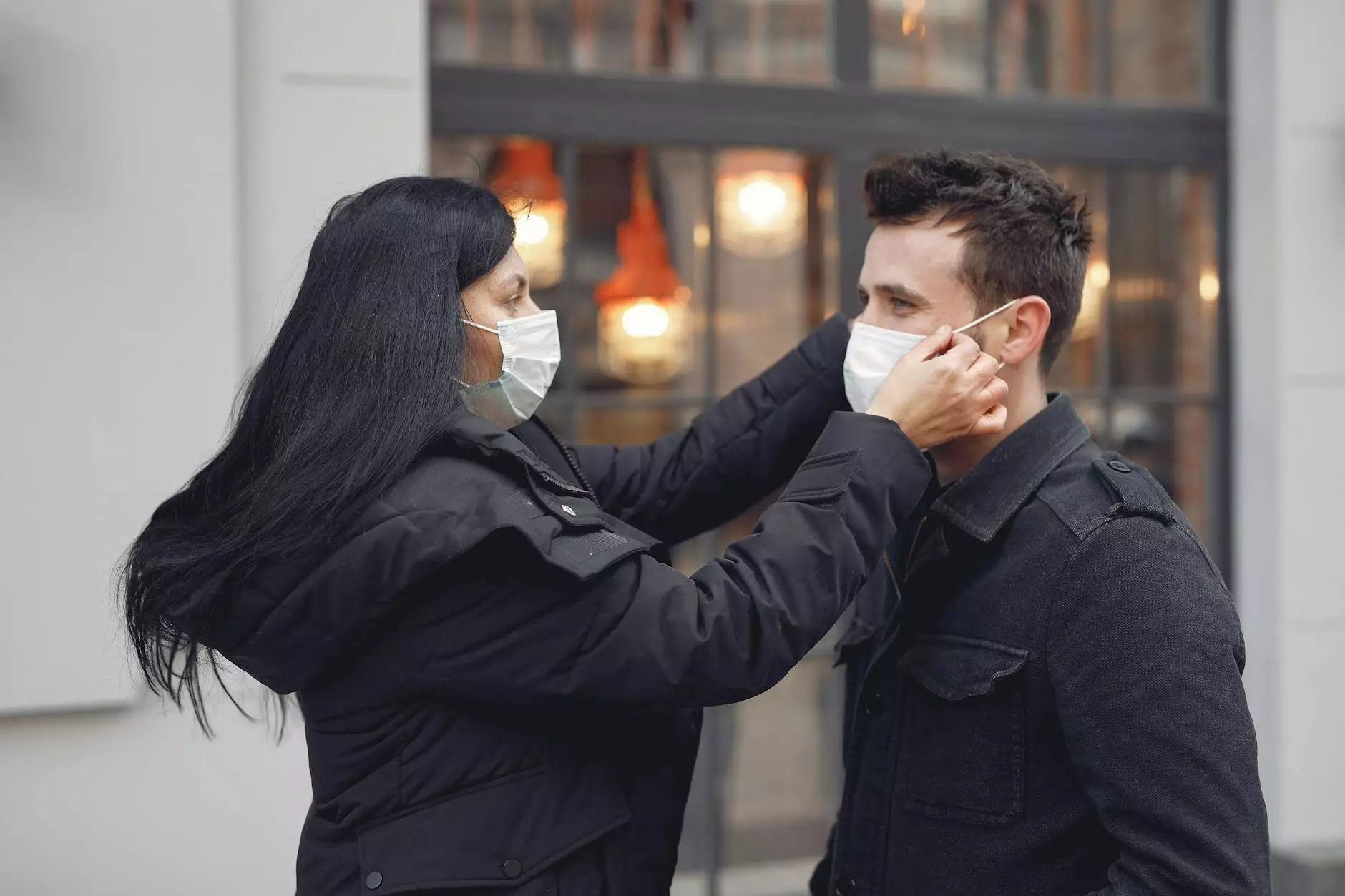Can Scoliosis Cause Knee Problems?

Introduction
Welcome to All Wells Coliosis, your trusted source for comprehensive information and expert medical assistance regarding scoliosis and related issues. In this article, we will explore the connection between scoliosis and knee problems, shedding light on how these conditions can affect each other.
Understanding Scoliosis
Scoliosis is a musculoskeletal disorder characterized by an abnormal curvature of the spine. While most common during adolescence, it can affect individuals of any age. Scoliosis can cause various symptoms depending on the severity, including pain, limited mobility, and postural abnormalities.
Link between Scoliosis and Knee Problems
Research suggests that scoliosis can indeed lead to knee problems, although the direct cause and effect relationship is still being studied. When the spine is significantly curved, it can lead to changes in the body's alignment and weight distribution.
In some cases, scoliosis can result in an imbalance of the hips, pelvis, and leg lengths. This structural imbalance can put additional stress on the knees, leading to discomfort, pain, or even the development of knee conditions such as patellofemoral pain syndrome or iliotibial band syndrome.
Impact on Knee Joints
The abnormal spinal curvature in scoliosis can misalign the body's center of gravity, affecting how forces are distributed during movement. This imbalance often places excessive strain on the knees, which are crucial weight-bearing joints.
Wear and tear on the knee joints due to scoliosis can lead to conditions like osteoarthritis or chondromalacia patella. It's important to note that the extent of knee involvement in scoliosis varies from case to case, depending on factors such as the degree of spinal curvature, individual biomechanics, and lifestyle factors.
Treatment Options
When it comes to addressing scoliosis-related knee problems, a multidisciplinary approach involving skilled doctors and spine surgeons is crucial.
At All Wells Coliosis, we offer a comprehensive range of treatment options to alleviate both scoliosis and its associated knee problems. Our expert medical team specializes in diagnosing and treating scoliosis, tailoring the treatment plan to each patient's unique needs.
Treatment options may include:
- Physical therapy: Stretching and strengthening exercises to improve posture, balance, and joint stability.
- Bracing: Wearing a custom-designed brace to slow or halt the progression of spinal curvature and alleviate knee strain.
- Surgical intervention: In severe cases, spine surgery may be recommended to correct the spinal curvature and reduce the impact on the knees.
Prevention and Healthy Habits
While scoliosis is often unavoidable, there are steps you can take to maintain overall spinal health and minimize its impact on your knees. Here are some important tips:
- Regular exercise: Engage in activities that promote core muscle strength, flexibility, and good posture.
- Ergonomic practices: Maintain proper ergonomics in your daily activities, especially while sitting or lifting heavy objects, to reduce unnecessary strain on your spine.
Conclusion
As you can see, scoliosis can indeed cause knee problems due to the imbalances and structural changes it introduces to the body. If you are experiencing knee issues alongside scoliosis, seeking professional advice from experts such as the doctors and spine surgeons at All Wells Coliosis is essential.
Remember, early detection, proper diagnosis, and timely intervention can make a significant difference in managing scoliosis and preventing knee complications. Trust the expertise of All Wells Coliosis to guide you towards a healthier, pain-free life.
can scoliosis cause knee problems








